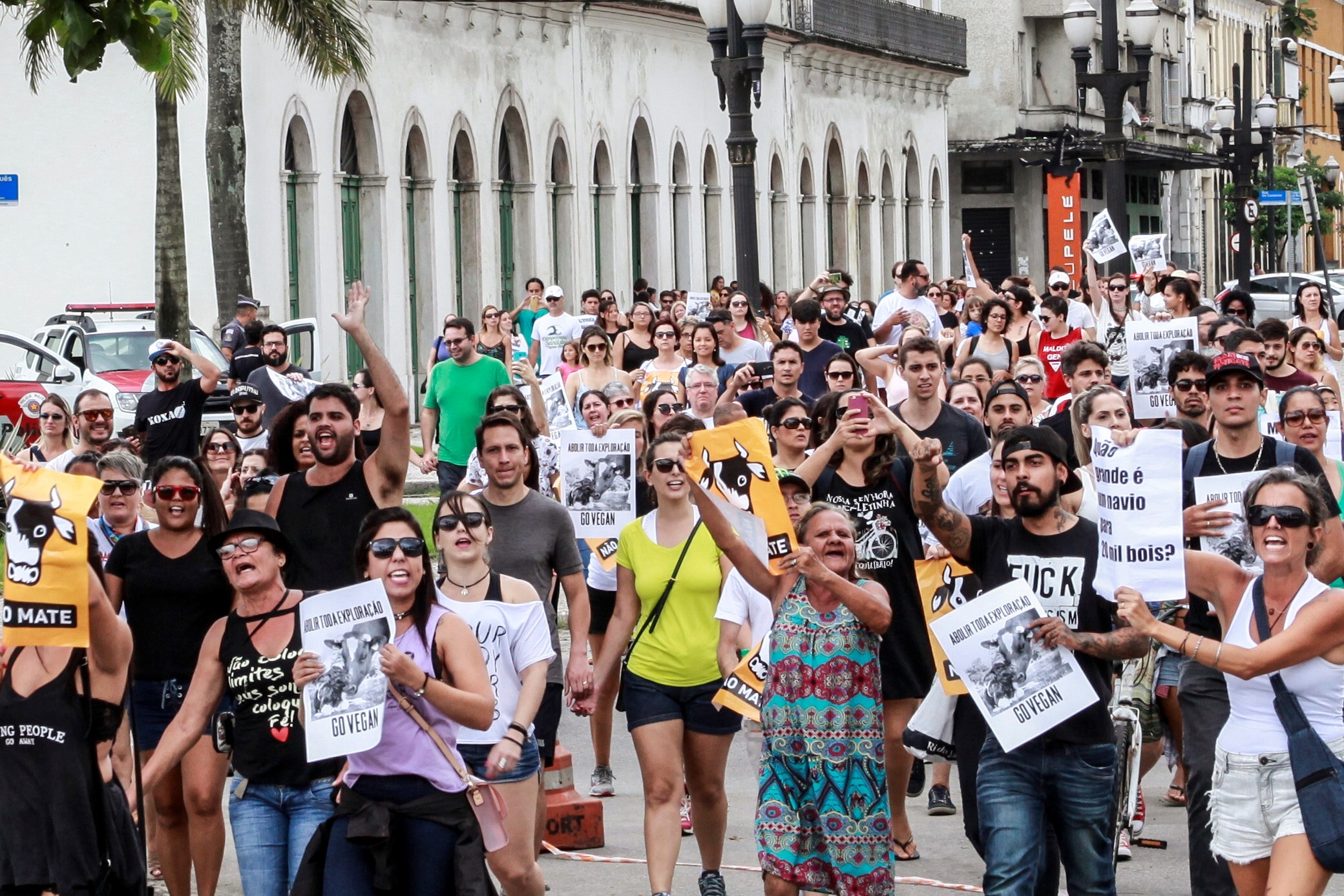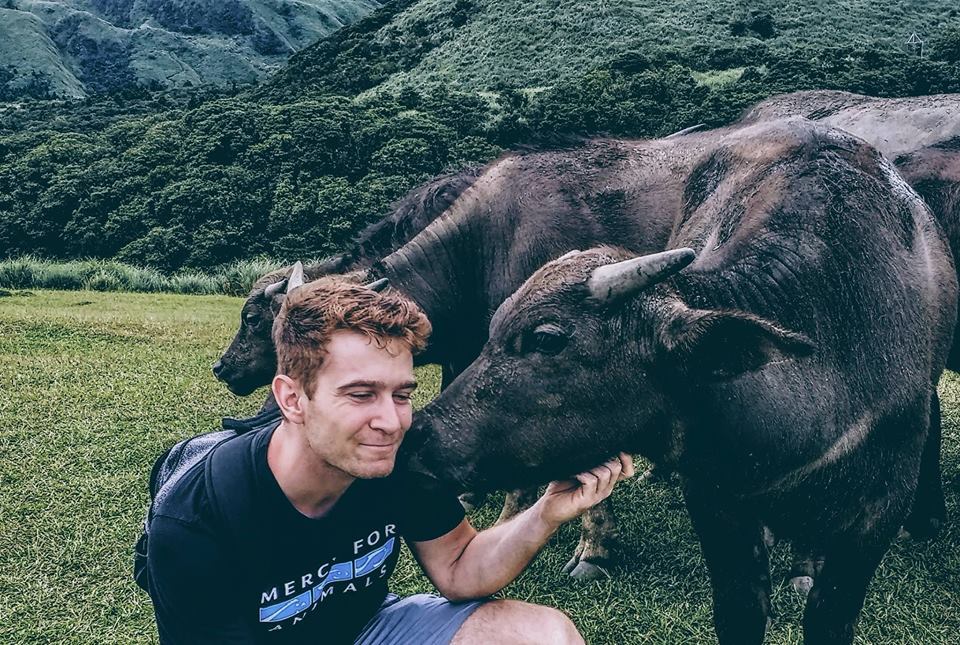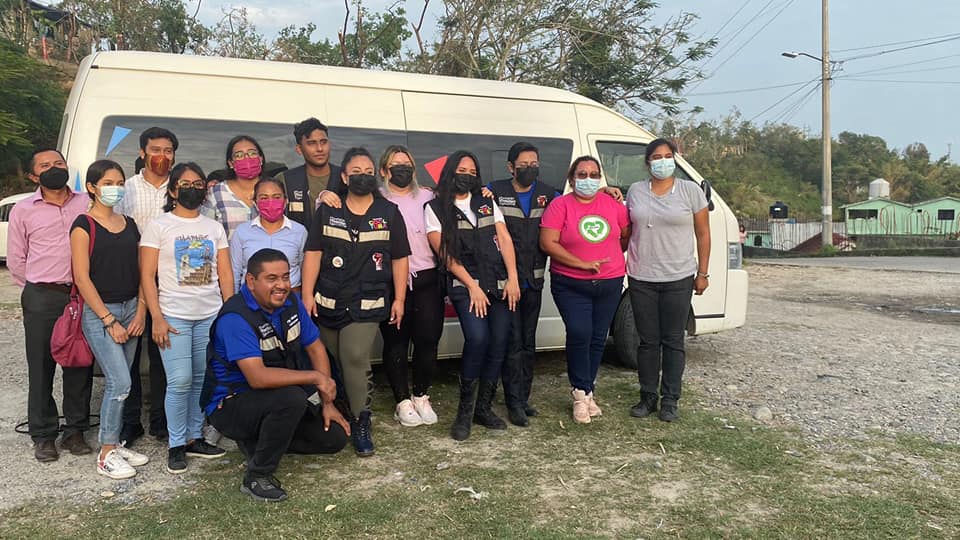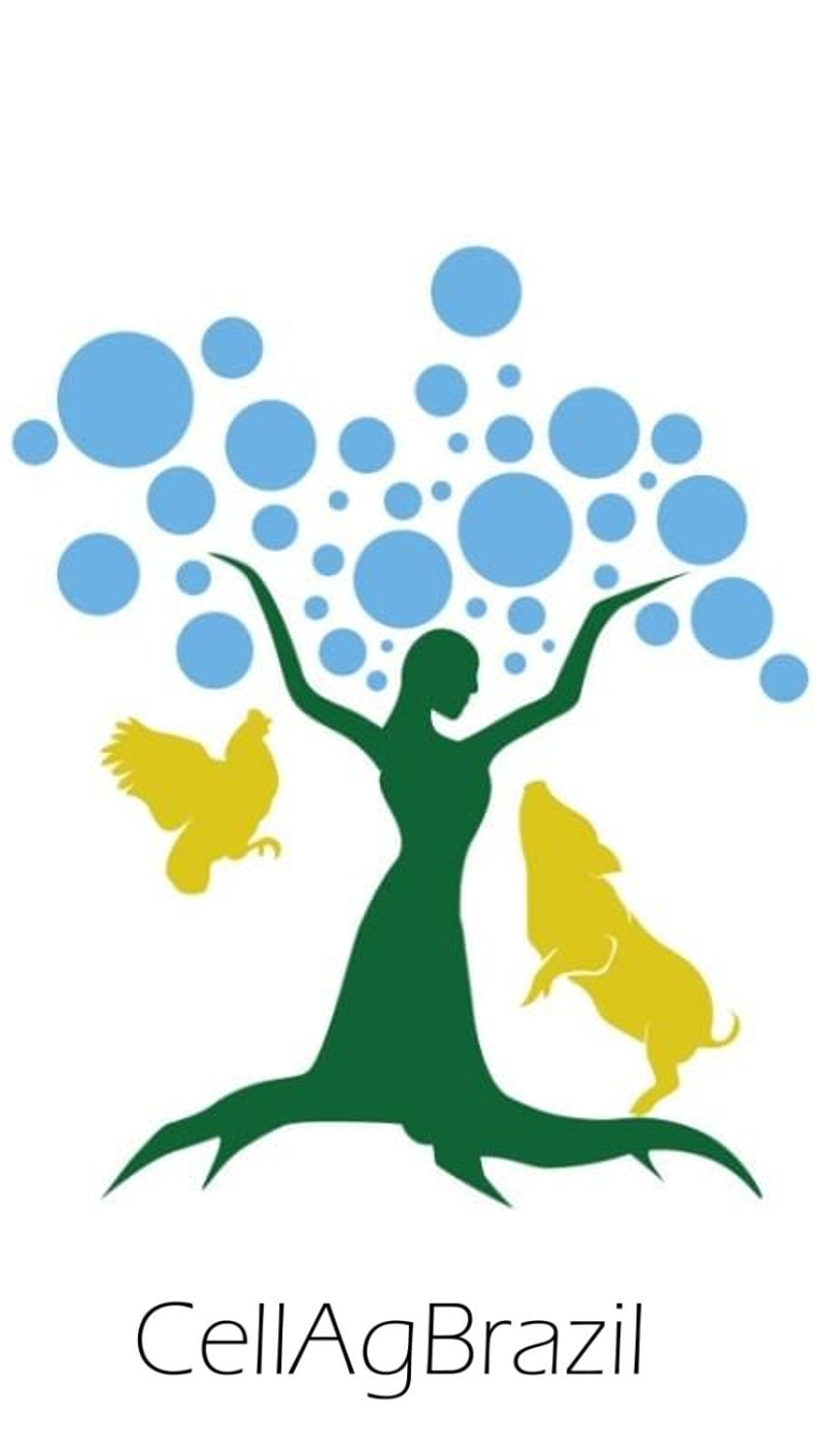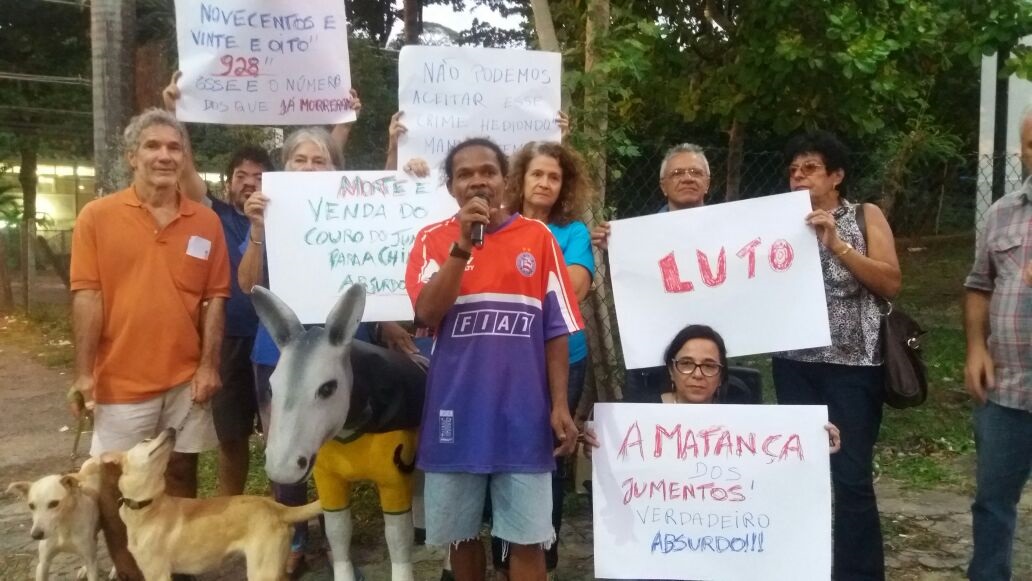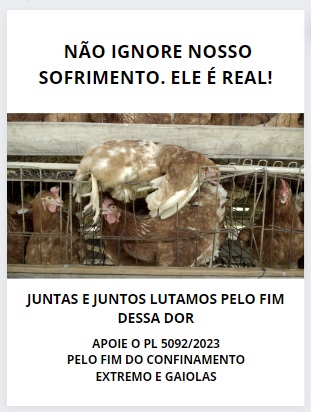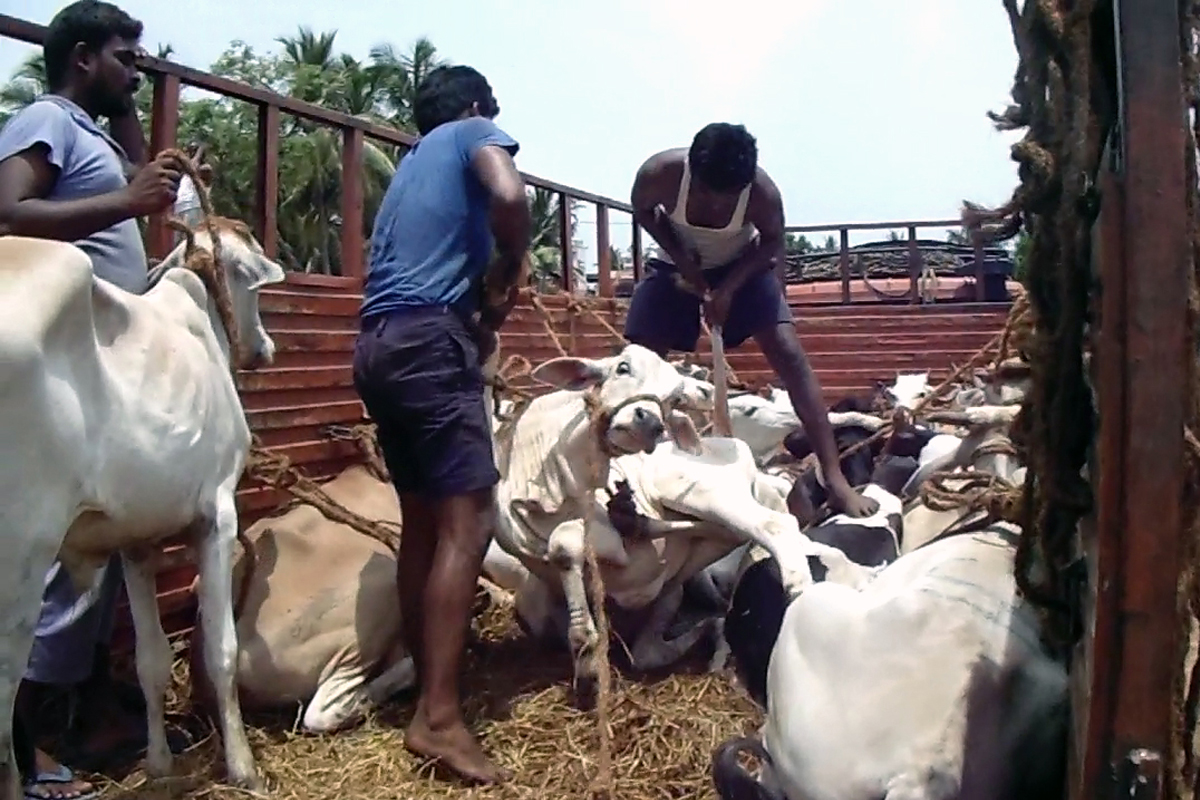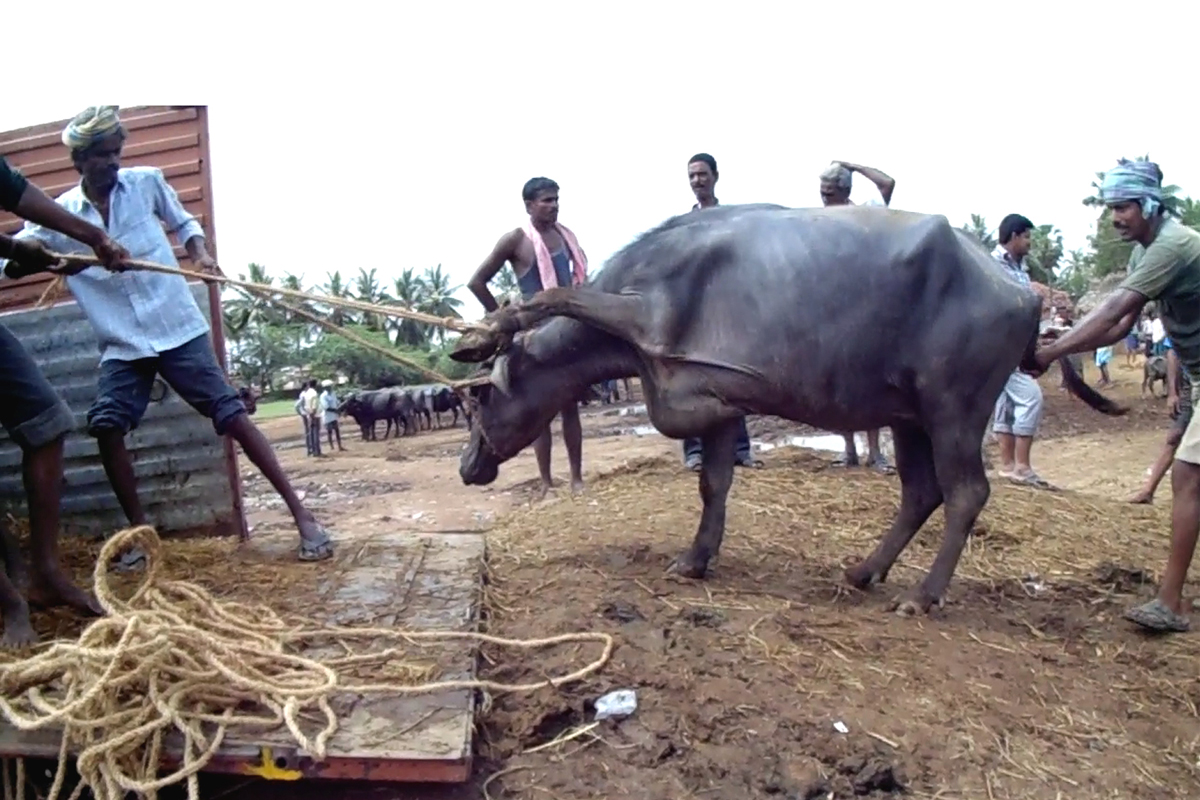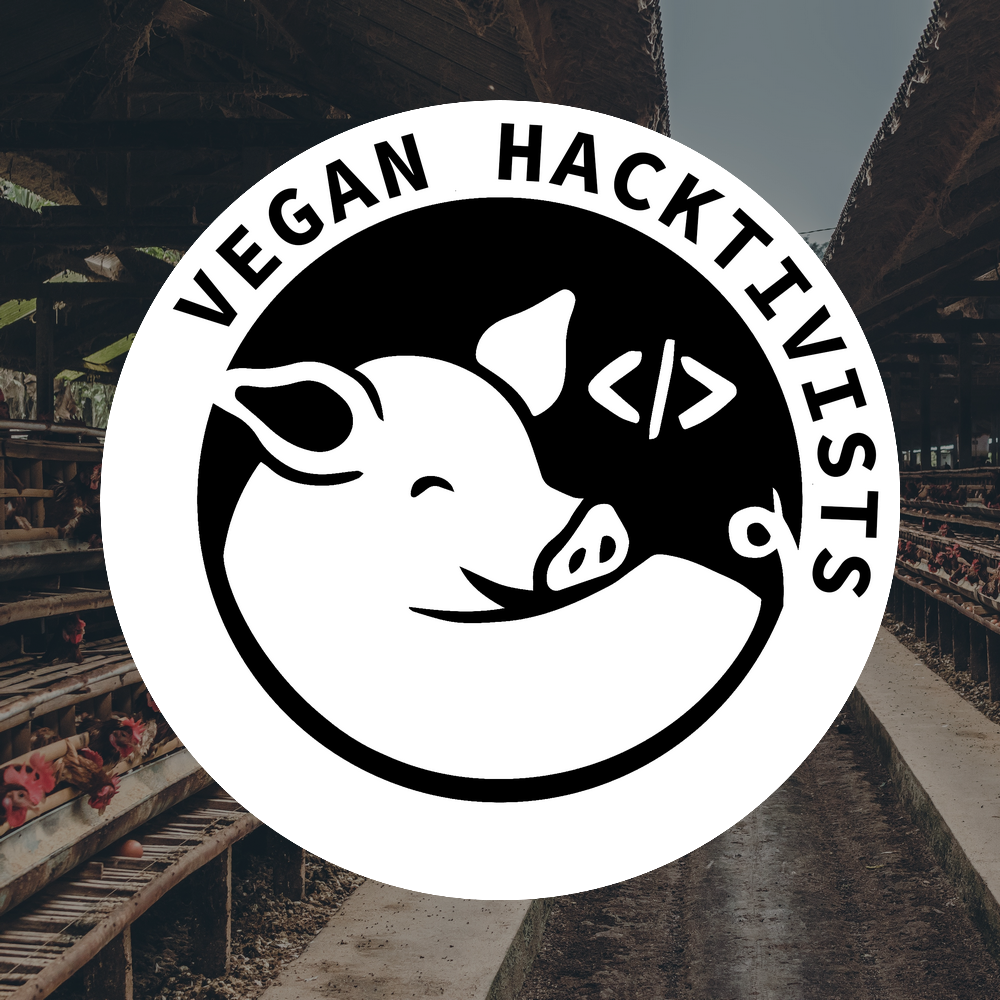Farmed Animal Protection Grants
The Pollination Project is an important grassroots funder for social movements around the world including the farmed animal protection movement!
Since our start, we have funded over 600 farmed animal protection leaders globally.
These grants are designed to support individuals and groups anywhere in the world who are working to protect and advocate for farmed animals in our industrial food system. Types of projects we fund include:
- Public awareness campaigns about factory farming and the lives of farmed animals in our industrial food system.
- Campaigns targeting corporations to commit to higher welfare policies for farmed animals.
- Initiatives targeting governments and institutions to enact or revise policies to protect farmed animals.
- Cellular agriculture and alternative protein development.
- Diet change outreach or other work to protect farmed animals that falls outside of this could still be eligible under our daily grant application.
What We Provide:
$1000 seed grants
$1000 seed grants for first-time grantees
$5,000 - $10,000 growth grants
Access to growth grants and coalition grants for farmed animal protection grantees
Network & Resources
Connection to a Network of Other Activists and Resources
Capacity-Building Trainings
Opportunities to Participate in Capacity-Building Trainings
Fiscal Sponsorship
Helping a project without 501(c)(3) status to receive grants and donations.
Global Farmed Animal Protection Grants
We are proud that over 60% of our animal protection grants go to projects in the Global South. Read more about our movement building program in Brazil, India, and Mexico here and learn about a few of our recently funded projects below.
Good Practices Campaign
Mexico
The “Good Practices” initiative, spearheaded by GAAP country coordinator Lourdes Jimenez Mora and a coalition of companion animal activists, advocates for regulations and changes to cruel practices considered “good practices” on factory farms in the state of Veracruz, Mexico. Throughout the summer of 2022, the coalition organized over 50 events to collect signatures for the initiative, engaging 13 leading activists and 25 participating activists from across the state. They held numerous meetings with legislative teams and deputies to design and present the initiative, garnering support from external groups linked to the issue.
One notable achievement of the campaign is the engagement of companion animal activists in advocating for farmed animals, resulting in a wider outreach for the petition. The initiative was presented to congress on December 22, 2022 with hopes of setting a precedent for further protections for farmed animals in Veracruz.
Lourdes is collaborating with three other groups in different states in Mexico to undertake similar initiatives, with Animal Equality providing legal advisory support. While the final vote on the bill was delayed, the majority of deputies indicated their support during the initial presentation, and the coalition anticipates a favorable outcome, which may include the establishment of an animal committee and other protective measures for farmed animals.
In addition to leading and supporting these bill initiatives, in 2023 Lourdes launched a campaign resource center for activists to learn how to advocate for farmed animals and access tools and mentorship to launch their own local initiatives.
Brazil Cellular Agriculture Society
Brazil
Academic professionals Carla Forte Maiolino Molento and Rodrigo Morais-da-Silva founded Cell Ag Brazil at the end of 2023 with support received from The Pollination Project. The objective of the newly created association is to reflect, contribute, and promote the development of cellular agriculture in Brazil through proactive promotion and unifying actions among different audiences interested in the development, production, and commercialization of food through cell cultivation processes.
With a seed grant, they founded the organization and designed a logo that represents their mission. They are now inviting people and organizations to participate in the association so that it gains greater relevance. Their members will be distributed across three chambers: 1) academia, 2) private sector, and 3) third sector and civil society. With this, they aim for diverse representation and to create a positive movement to act in different areas to promote and accelerate alternative proteins in Brazil and Latin America.
Billions of animals involved in food production in Brazil will be impacted in the medium to long term from this work. Data from IBGE (Brazilian Institute of Geography and Statistics) indicates that approximately 6.1 billion chickens, 56.5 million pigs, and 30 million cattle were slaughtered in Brazil in 2022. With this association, Carla and Rodrigo may help reduce the number of non-human individuals involved in food production as they help to speed up the replacement process with alternative proteins.
Forum Animal
Brazil
In 2018, Forum Animal, an animal rights group in Brazil, received a seed grant from The Pollination Project to end donkey slaughter. However, that was just the beginning. Since that time, they’ve sought to protect animals across the country, regardless of species, and become one of the prominent organizations working on farmed animal advocacy in Brazil.
Forum Animal was recently at the forefront of the national live export ban and the cage-free Brazil campaign just launched in November 2023 which The Pollination Project supported and attended. Our Brazil team coordinated efforts with a new grantee, Carla Genovez, to rally her new volunteer network to hold peaceful demonstrations in support of this new bill. With collaboration between the grassroots and NGOs, we’re hopeful that this bill will be impactful!
Ethical Treatment of Animals at Livestock Markets & Trafficking
India
In a country with strong animal welfare laws, enforcement of those laws poses a significant challenge. Gopal Surabathula’s advocacy at the high courts resulted in a new order in Andhra Pradesh in 2022. This order led to the installation of 26 nodal officers in 26 districts to prevent animal cruelty. The police helpline saw unprecedented effectiveness in mobilizing the police and seizing cattle kept for illegal slaughtering and trafficking. This marked a game-changing response from the entire hierarchy of the police.
With the courts’ clear order to implement the law, the police gained a better understanding of animal acts and swiftly booked several cases within a few days, with the assistance of fellow activists across the state. This marked a significant milestone in the history of Andhra Pradesh’s animal welfare.
With continuous efforts, Gopal envisioned achieving check posts in every mandal (sub-district) by the following year to block access for illegal cattle trafficking to reach illegal slaughtering cities and villages, as directed by the Hon’ble High Court of Andhra Pradesh. Currently, they one one verdict out of two, with the other pending at the High Court of Telangana.
With support of an growth grant, Gopal is currently addressing a significant challenge in Andhra Pradesh regarding the failure of Livestock Markets to submit monthly reports to the District Collector and State Animal Welfare Board. This issue, revealed through Right to Information requests to the Animal Husbandry Department, poses a serious concern for farm animal welfare. Gopal’s immediate plan is to petition the Honorable High Court of Andhra Pradesh to compel Livestock Markets to comply with reporting requirements.
Through on-site investigations in five districts, Gopal uncovered distressing evidence of cruelty towards animals in these markets, indicating a pervasive disregard for ethical treatment standards outlined by the Supreme Court of India and the Animal Husbandry Department. This lack of compliance underscores the urgent need for systemic reforms to ensure humane treatment and adherence to legal frameworks governing animal welfare.
Photographs shared by Gopal depict overcrowded enclosures, unsanitary conditions, and apparent mistreatment, highlighting the profound suffering endured by animals in these environments. These images serve as a powerful call to action for stricter enforcement of regulations and implementation of compassionate practices to alleviate their suffering.
In partnership with our grantee Vegan Hacktivists, we offer seed grants and web development assistance to individual or grassroots groups whose primary purpose is to help reduce suffering for farmed animals.
Vegan Hacktivist is a global community of passionate animal advocates offering their skills in building technology for the animal protection movement through design, development, and data.

